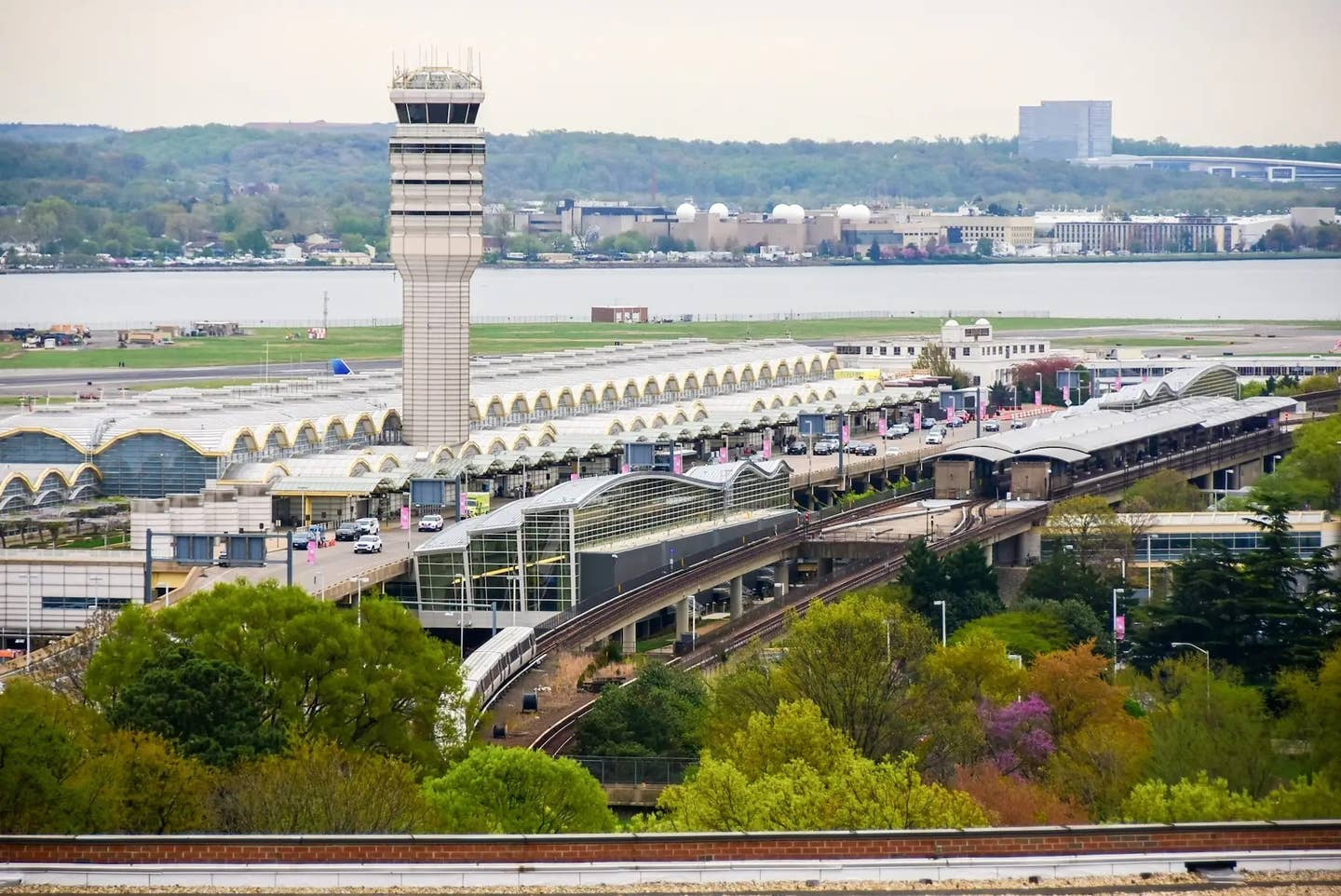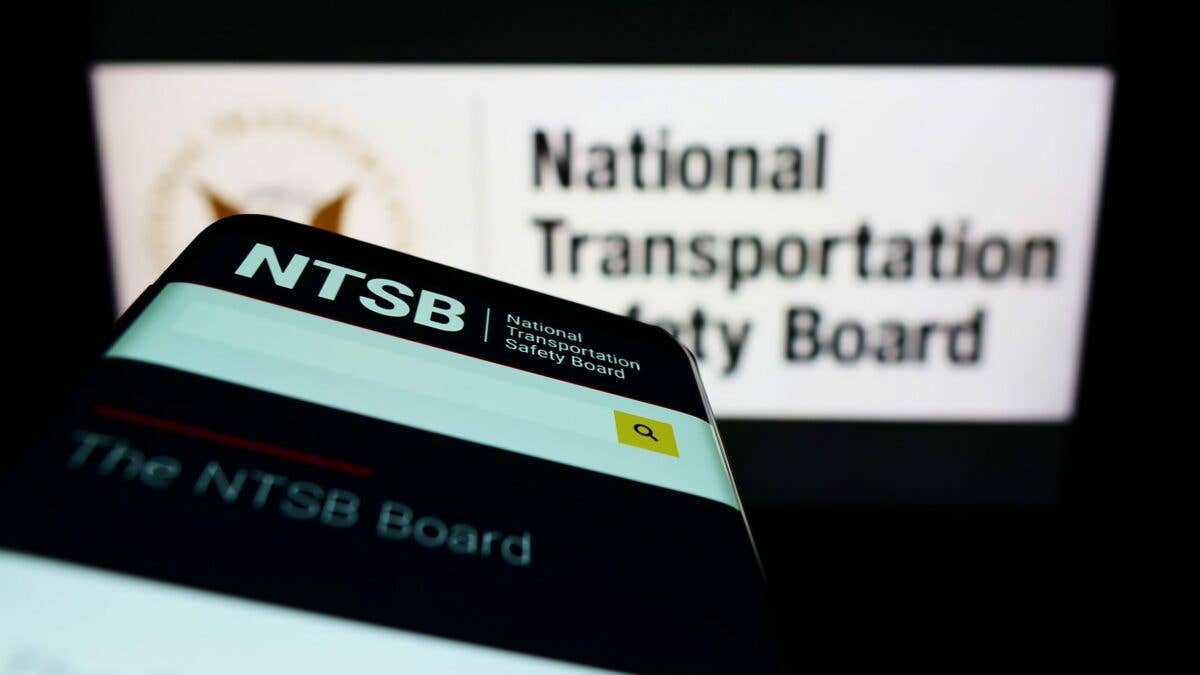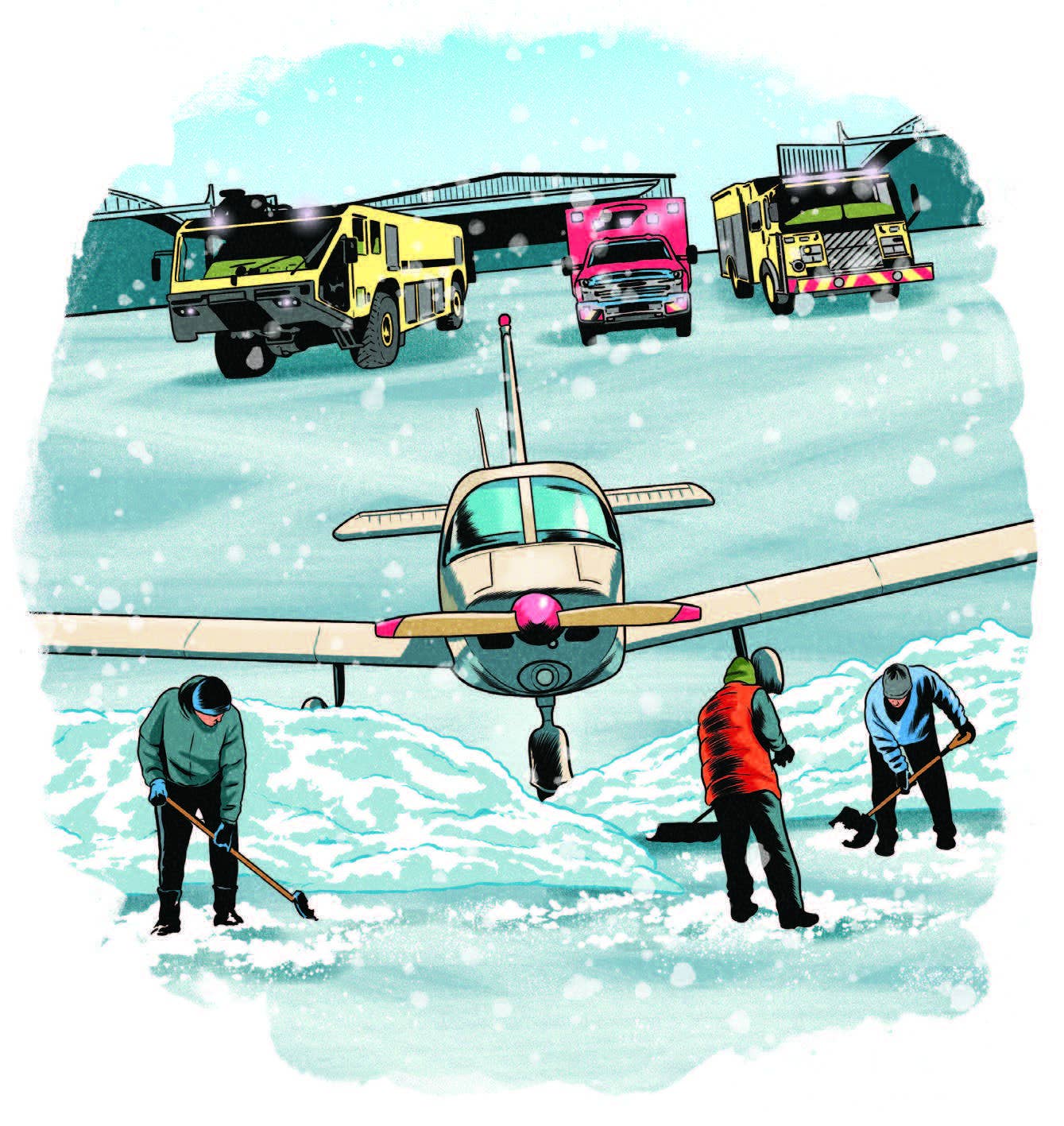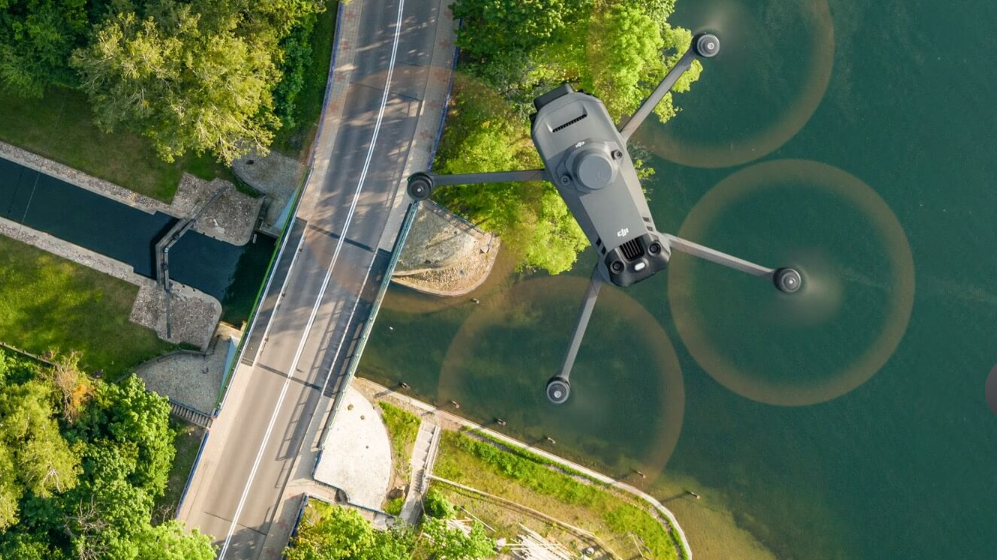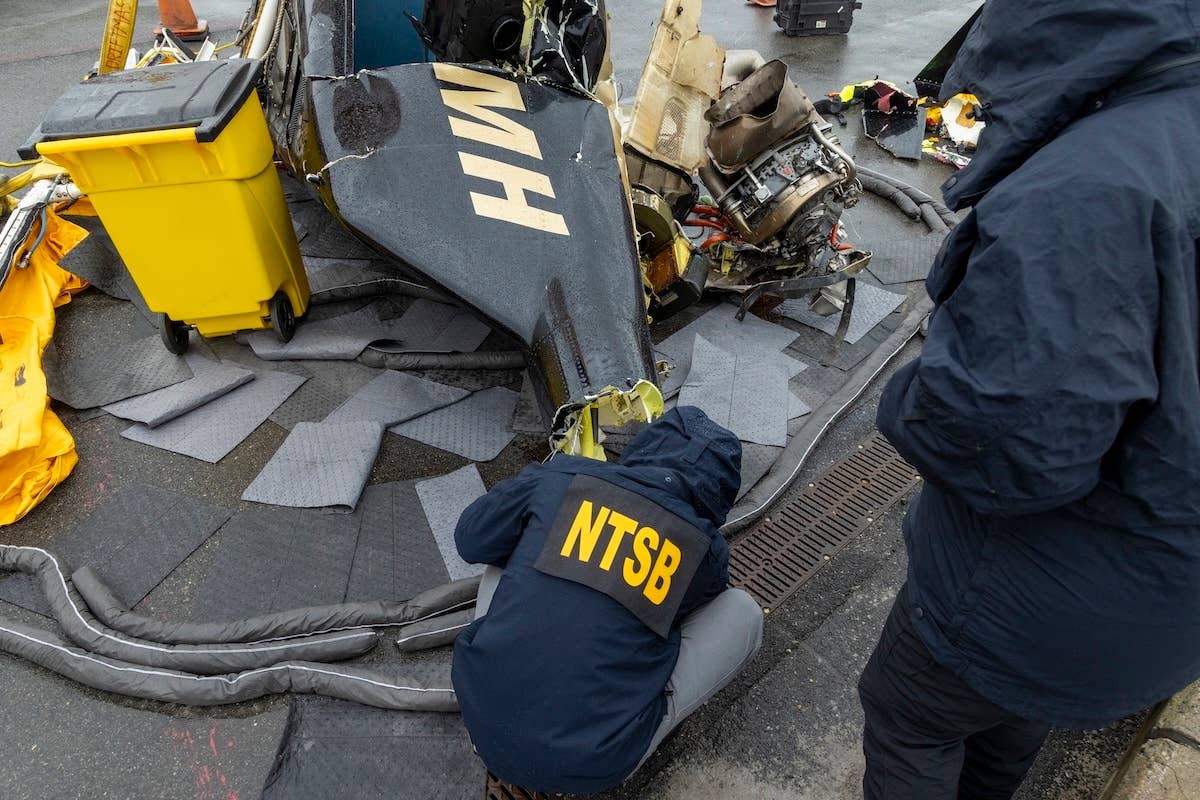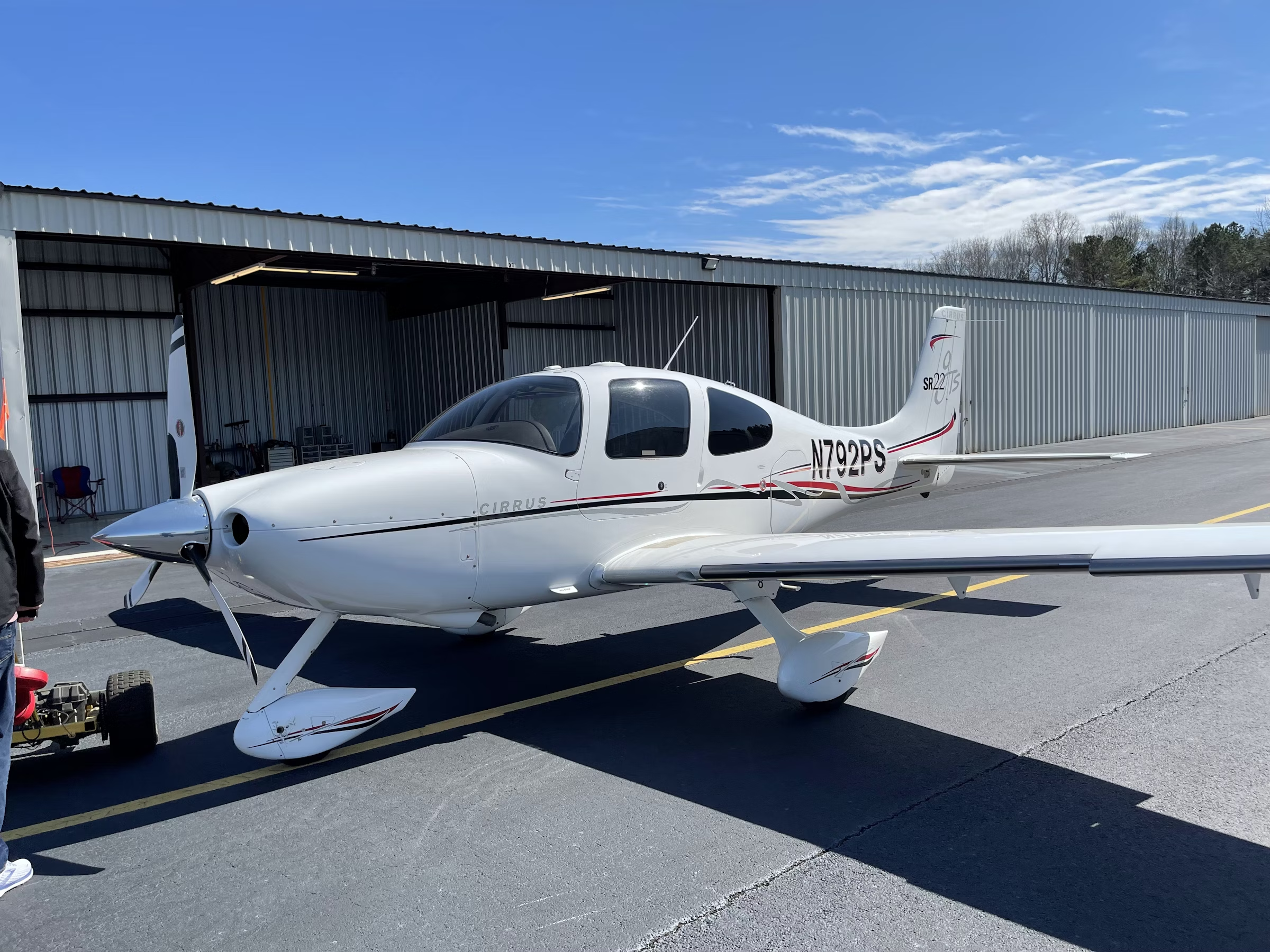Joby Aviation: No Type Certification Delays Expected from FAA’s Modified Approach
Uber-backed electric air taxi developer Joby Aviation told investors Thursday it expects no delays as a result of the FAA’s modified regulatory approach to type certification. In the company’s quarterly earnings conference call, Joby reported a $62.3 million net loss in Q1 2022, an increased loss of $20.8 million compared to the same period last year.
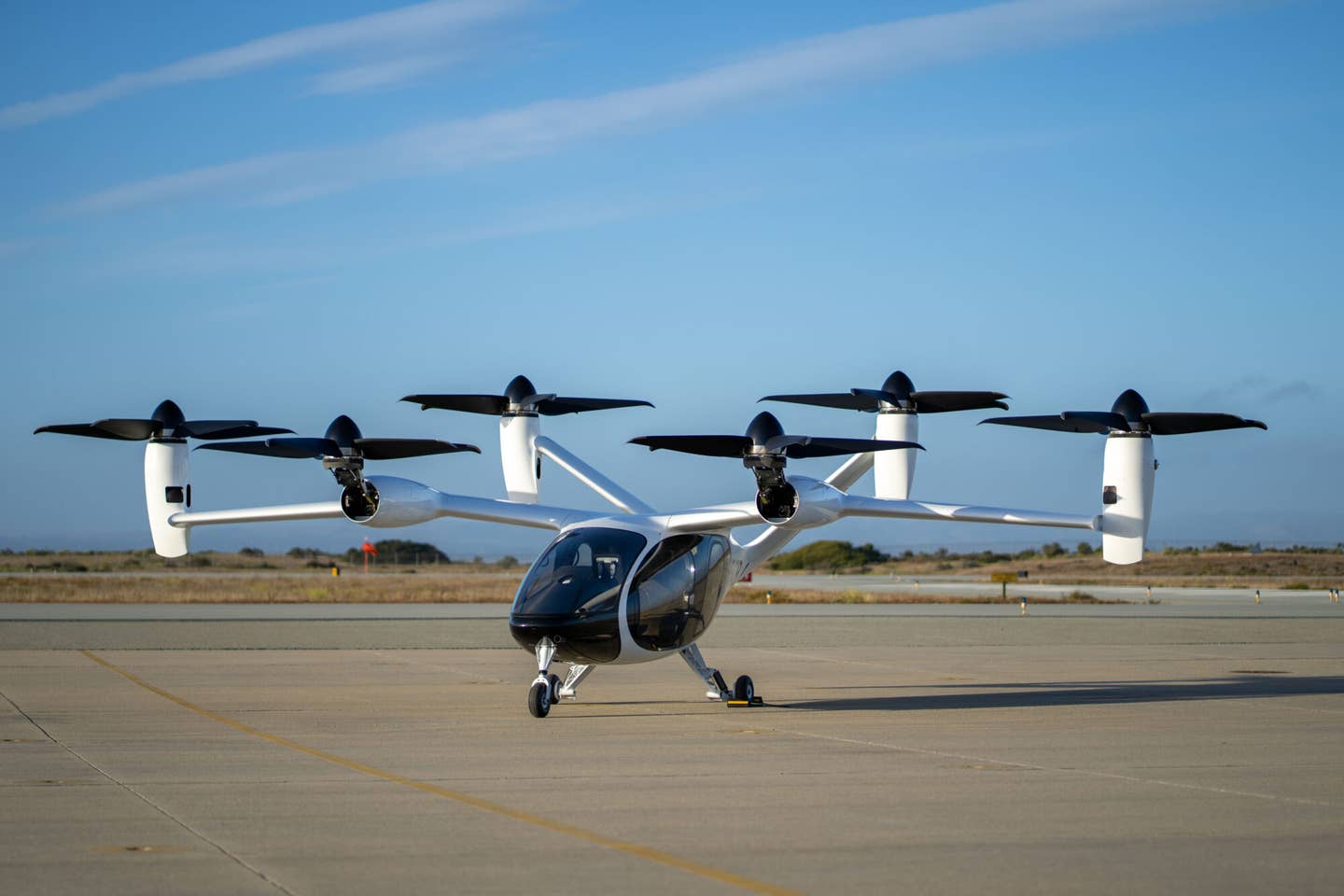
Joby Aviation said Thursday it was “making excellent progress” in the build of its first production-intent air taxi. [Courtesy: Joby Aviation]
Uber-backed electric air taxi developer Joby Aviation (NYSE: JOBY) told investors Thursday it expects no delays as a result of the FAA’s modified regulatory approach to type certification. In the company’s quarterly earnings conference call, Joby reported a $62.3 million net loss in Q1 2022, an increased loss of $20.8 million compared to the same period last year.
“We remain on track to meet our operational goals and spending guidance for the year,” said founder and CEO JoeBen Bevirt during a quarterly investors conference call.
Bevirt noted that the FAA has said all development work done by current eVTOL type certification applicants remains valid, in the wake of the FAA’s regulatory comments earlier this week. “We are in active conversations with them about the most expedient route to certifying our aircraft,” he said.
Joby, like its competitors, has been working toward certification under FAR Part 23 for light aircraft. Now, the FAA says it plans to issue type certificates for eVTOLs in the powered-lift category under its “special class” process.
“I think that, fundamentally, the approach that the FAA is taking here is mostly an administrative reclassification on the type certification side of things,” said Paul Sciarra, Joby executive chairman. “There’s certainly no adjustments to our guidance as a result.”
Company officials said the FAA had accepted “close to 80 percent” of its means of compliance toward type certification, with one area specific plan (ASCP) approved and two others submitted for review. “We are on target, on plan,” said Joby head of programs and systems Didier Papadopoulos during the call.
Joby’s pre-production prototype is propelled by six tiltrotors and battery-powered electric motors. It’s designed to carry a pilot and four passengers at speeds of up to 200 mph (174 kts), with a maximum range of 150 statute miles on a single charge.
Joby officially began its type certification process in 2018. The company remains on track for FAA type certification in time for its eVTOL to enter service in 2024.
Flight Testing and Taxi Testing
During the call, officials offered details about its second pre-production prototype, saying it “completed a range of testing” during the first quarter, including flight testing and “ground-based taxi testing where we prove out the aircraft’s ability to move around a vertiport under its own power.”
Meanwhile, Bevirt said the company was “making excellent progress” in the build of its first production-intent aircraft at its facility in Marina, California. He said the “majority of the large composite parts” for the eVTOL have been completed and work on the tail and wing structural assembly has begun.
Flying Under Part 135
Bonny Simi, Joby’s head of air operations and people, said the company is “beginning to reach the execution phase of the process with our Part 135 operation certification.” Joby intends to run an on-demand air taxi service as a Part 135 airline. Completion of the fourth of five stages in the process is expected during Q2 of this year, “followed shortly thereafter by the fifth and final stage culminating in formal approval of our 135 certificate,” Simi said.
Joby plans to fly conventional fixed-wing aircraft until its eVTOL is fully certificated and ready to enter service. Simi said chief pilot Garrett Smith has become Joby’s first fully qualified Part 135 check pilot. Smith led training for the company’s first four pilots, including Simi herself. All four are now qualified to fly Joby’s fleet of single-engine Cirrus SR22s as soon as the company’s Part 135 certificate is approved.
Joby Touts New Data from NASA Noise Tests
Joby also reported achieving “revolutionary” low noise targets reflected in extensive acoustic testing of a Joby pre-production prototype last September in collaboration with NASA’s Advanced Air Mobility National Campaign. From an altitude of 1,640 feet (500 meters) at 100 kts airspeed, data showed the equivalent of 45.2 A-weighted decibels (dBA)—“a sound level which Joby believes will barely be perceptible against the ambient environment of cities,” the company said.
Noise during takeoffs and landings measured 330 feet (100 meters) away from the flight path registered below 65 dBA, which Joby said is “comparable to normal conversation.”
“Aviation noise is a key concern for millions of residents around the world, but we’ve demonstrated how Joby is uniquely positioned without having a negative impact on our environment,” Bevirt said.
Spending on Certification and Manufacturing
Though Joby blamed its high Q1 losses mainly on higher spending for type certification, development, and future manufacturing of its air taxi, the company also reported a “strong financial foundation to support long-term goals.” The company says it ended the quarter with $1.2 billion in cash, cash equivalents, and investments.
Total operating expenses for the quarter amounted to $94.3 million, Joby said, including stock-based compensation expenses of $19.4 million.

Sign-up for newsletters & special offers!
Get the latest FLYING stories & special offers delivered directly to your inbox

